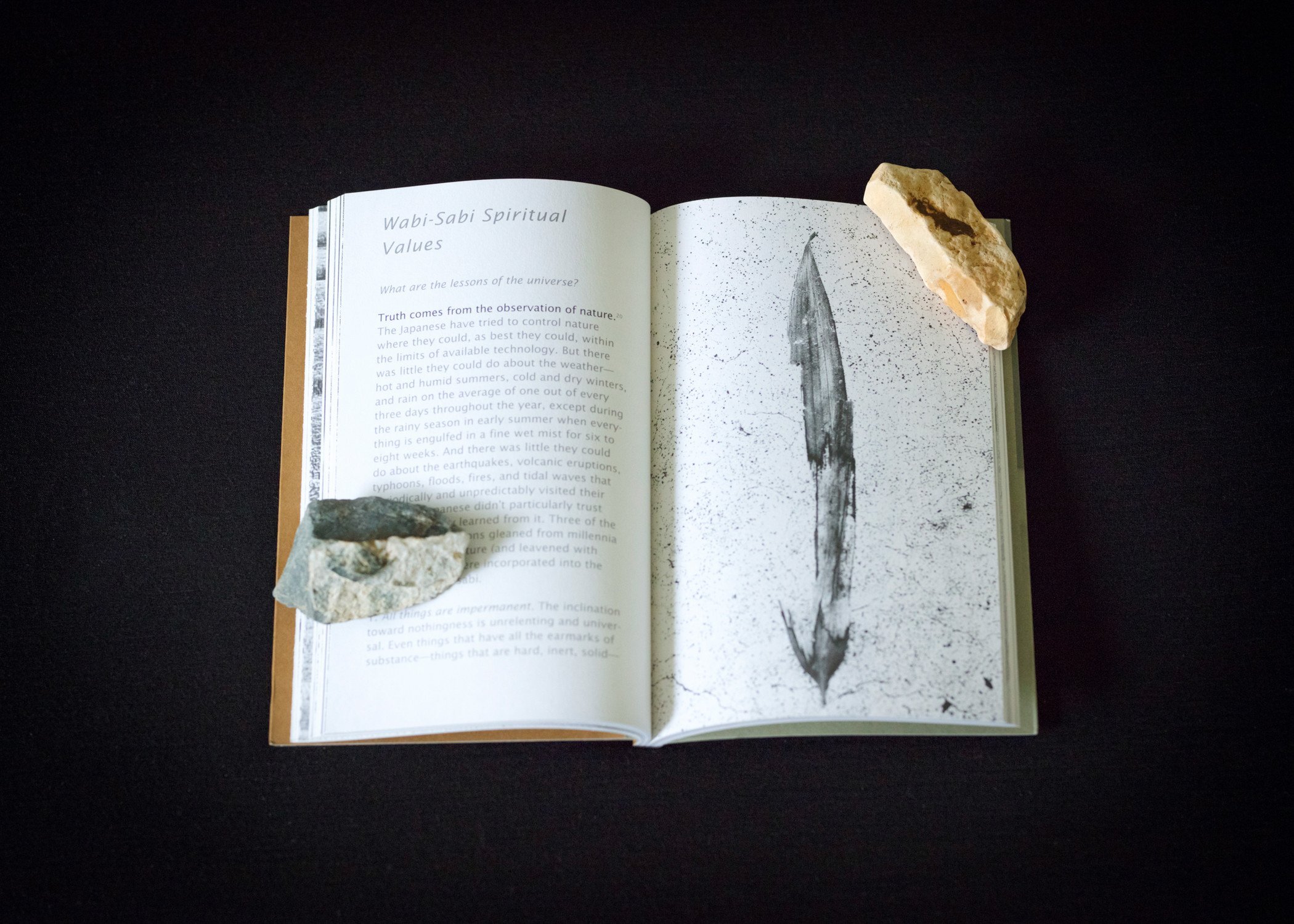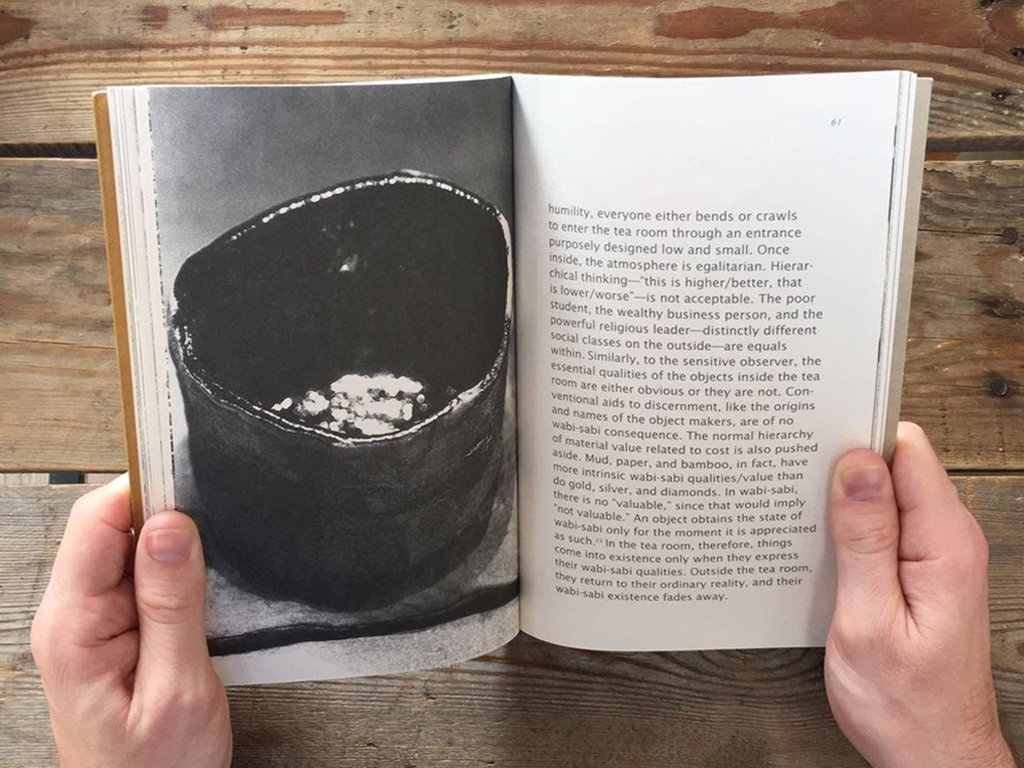Finding Inspiration in Wabi-Sabi
IMAGE: ATELIER ST. GEORGE
I’ve recently fallen in love with an inspiring book I found in a tiny bookstore filled with books all written in French, except for this one. I was meant to find it, so moving have I found its message to be. It’s called, Wabi-Sabi for Artists, Designers, Poets and Philosophers by Leonard Koren.
Koren discusses the principles of wabi-sabi, a very special type of aesthetic, originating in Japan many hundreds of years ago. I think its principles have much relevance in many aspects of life. At its core Wabi-sabi,
‘... is a beauty of things imperfect, impermanent and incomplete. It is a beauty of things modest and humble. It is a beauty of things unconventional…’
It reminds me that we can appreciate the beauty in all things, all circumstances and most importantly all people. It brings us to gratitude for what we have, no matter what its state and for acceptance that what we have is beautiful if we choose to see it as such.
It also reminds me that this is an inspiring way to parent and guide children in our care. Those of us living in first world countries can be pre-occupied with seeking fulfilment from the ‘next big thing’ or the ‘shiny new toy’ and to discard what we already have as being disposable. What if instead, we as the adults give the example in our lives that we value what we already have, despite the fact it may be a little worn and imperfect. It’s a place to start in the ‘tread lightly’ movement to treat the worlds’ resources with respect and to realise those resources are finite.
Wabi-sabi also reminds me that all things are imperfect and should be celebrated as such. What if we bring some of that aesthetic into our lives and homes and classrooms, the celebration of irregular objects, the broken handle on the tea-cup that is glued back together and not only used as functional but admired for its unusual qualities. We can bring those values to our acceptance of people we know and meet – we are all different and should be celebrated and accepted for who we are without judgment relating to its conventionality. It is a filtering down effect, acceptance of all things irrespective of their value leads to acceptance of all people and as adults the children in our lives can be the recipients of this gift of non-judgment.
There is no suggestion that all things of conventional beauty must be abandoned but it’s about creating a balance in our lives with possessions as much as how we live our lives, the people we have it in and the experiences we partake in. I love this quote from the book, it sums up so many things for me that bring me to question conventional ways of thinking and doing things.
‘Wabi-sabi is exactly about the delicate balance between the pleasure we get from things and the pleasure we get from freedom from things.’
Materialism is one way to live and to live with Wabi-sabi principles is another, not all the time but as with all things in life and care – giving, its about creating the balance that inspires us to question how we live our lives; the very definition of mindful living.
VIA AN ASTUTE ASSEMBLY
DESIGN BRIDGE VIA PINTEREST



